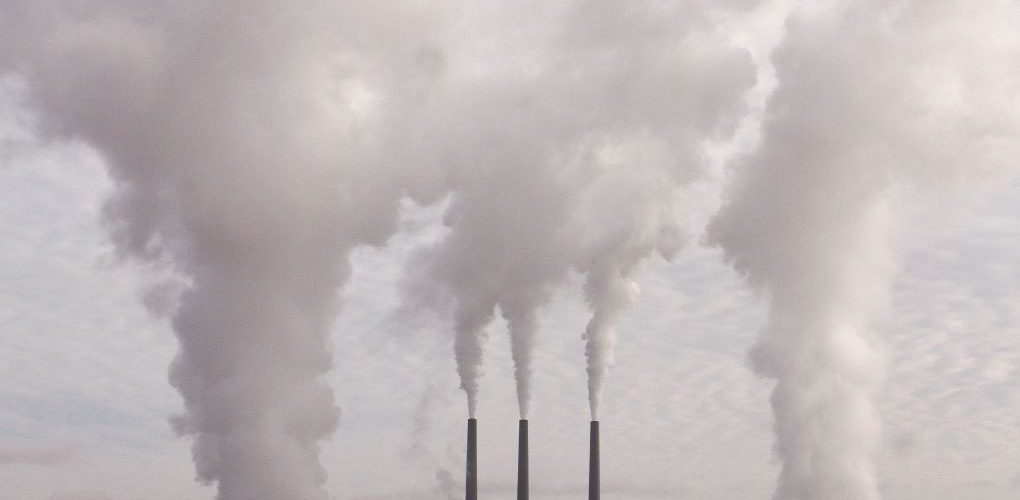On the occasion of the final stage of the trilateral negotiations on the Emissions Trading System, Nikos Mantzaris gave an interview to Elias Efthimiopoulos and Clima21.gr on the operation and performance of the ETS so far.
On a general note on the ETS, Nikos Mantzaris argued that although it suffers from weaknesses and distortions, it remains the most successful European climate policy tool.
Among the distortions he singled out the very generous distribution of free allowances to the energy-intensive industry. This was a measure which, while intended to prevent the so-called carbon leakage, it did not work sufficiently and is now the main reason why emissions remained practically stagnant in this sector. This is despite the establishment of the MSR (Market Stability Reserve) mechanism, which has led to a significant increase in carbon prices.
The main tool that will be used at the European level to address any carbon leakage threat is the Carbon Border Adjustment Mechanism (CBAM), which imposes a carbon tax to EU imports from third countries which is equal to the price of an emission allowance in the EU ETS. According to Nikos Mantzaris, this is a mechanism that, in combination with a large Innovation Fund to finance the decarbonization of industrial activities, will contribute much to the prevention of both carbon leakage as well as reduce emissions.
Among the difficulties that affect the operation of EU ETS, Nikos Mantzaris pointed out the pressures to delay as much as possible the phase out of free allowances and the parallel implementation of the Coal Border Adjustment Mechanism. An alarming development is that emissions from sectors outside the ETS have remained stable or even shown an increase in recent years. This is why the European Commission has proposed the creation of a separate emissions trading system that would include road transport and buildings.
Specifically on Greece, Nikos Mantzaris mentioned that the public revenues that the country received as a member state from the CO2 allowances market have been channelled for a long time to real climate action, setting a good example for Europe. However, today, in the midst of the energy crisis, the largest part of the revenue is being channelled into the Energy Transition Fund, which has so far been subsidising the consumption of fossil fuels. This is something that definitely needs to change as this revenue stream should be used for projects that permanently reduce the carbon footprint of consumers, such as self-consumption via net metering projects, energy upgrades for households and the replacement of fossil gas and heating oil burners with heat pumps.
The interview titled “CO2 Emissions Trading: a genius idea with many open questions” was published at clima21.gr, on October, 11 2022 as part of the LifeETX project.
You may read the full interview (in Greek) here.
The LIFE ETX project aims at developing an ETS that benefits both the climate and the citizens. It is implemented by 10 partners, including The Green Tank, and is coordinated by Carbon Market Watch. It is funded by the European Union’s LIFE Programme under grant agreement no. LIFE20 GIC/BE/001662, and co-funded by the European Climate Foundation.



















































































































































































































































































































